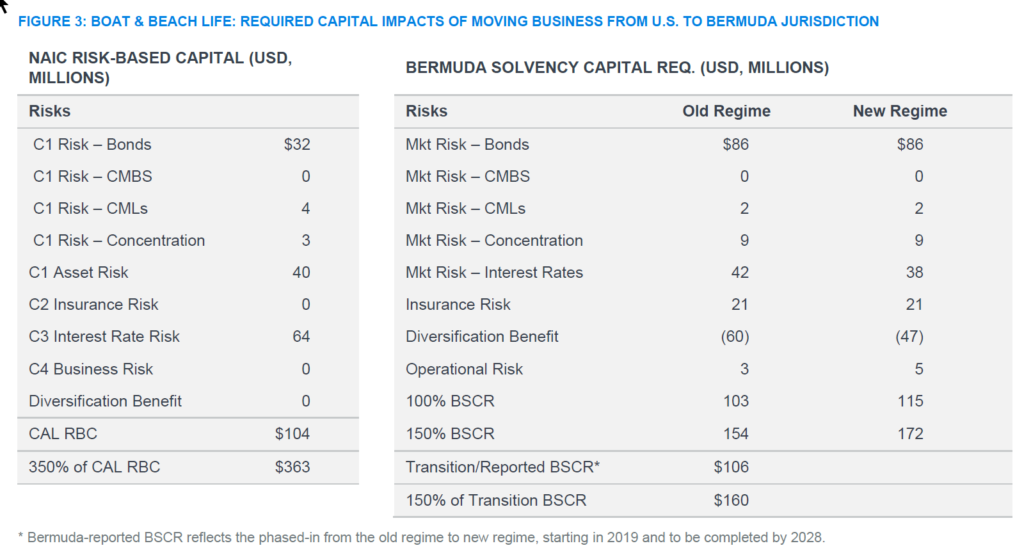Link: https://contingencies.org/ifrs-17-the-time-is-now/
Excerpt:
The more fundamental changes affect the measurement of future services (previously termed as “Reserves”). Many insurance accounting regimes have tried to stabilize their financial statements over the years; therefore, they calculated their reserves based on historic information—locked-in assumptions for insurance parameters as well as historic interest rates. The latter, however, are not in line with the use of market values for the asset side of the balance sheet, which is now perceived as the only fair-value representation for the different stakeholders. Therefore, the measurement of the liabilities in IFRS 17 will always be based on current assumptions.
Due to the compound effect over many projected years, the regular update of assumptions (particularly interest rate or discounting assumptions) can make long-term liabilities much more volatile.
Author(s): Michael Winkler and Sunil Kansal
Publication Date: October 2022
Publication Site: Contingencies
